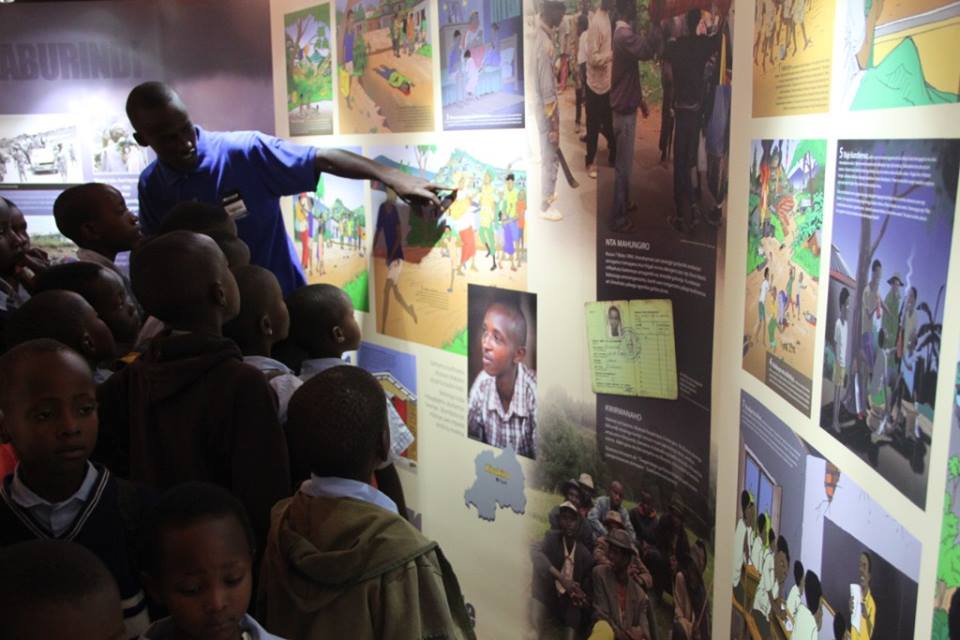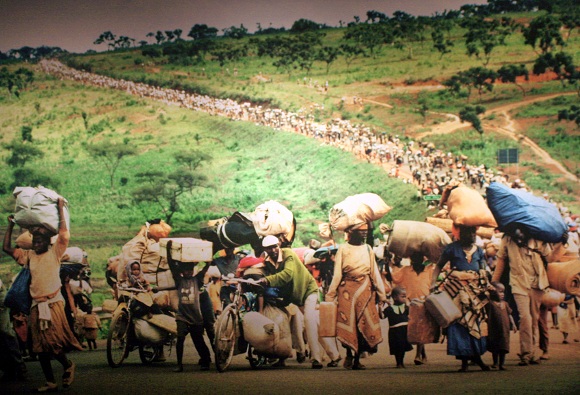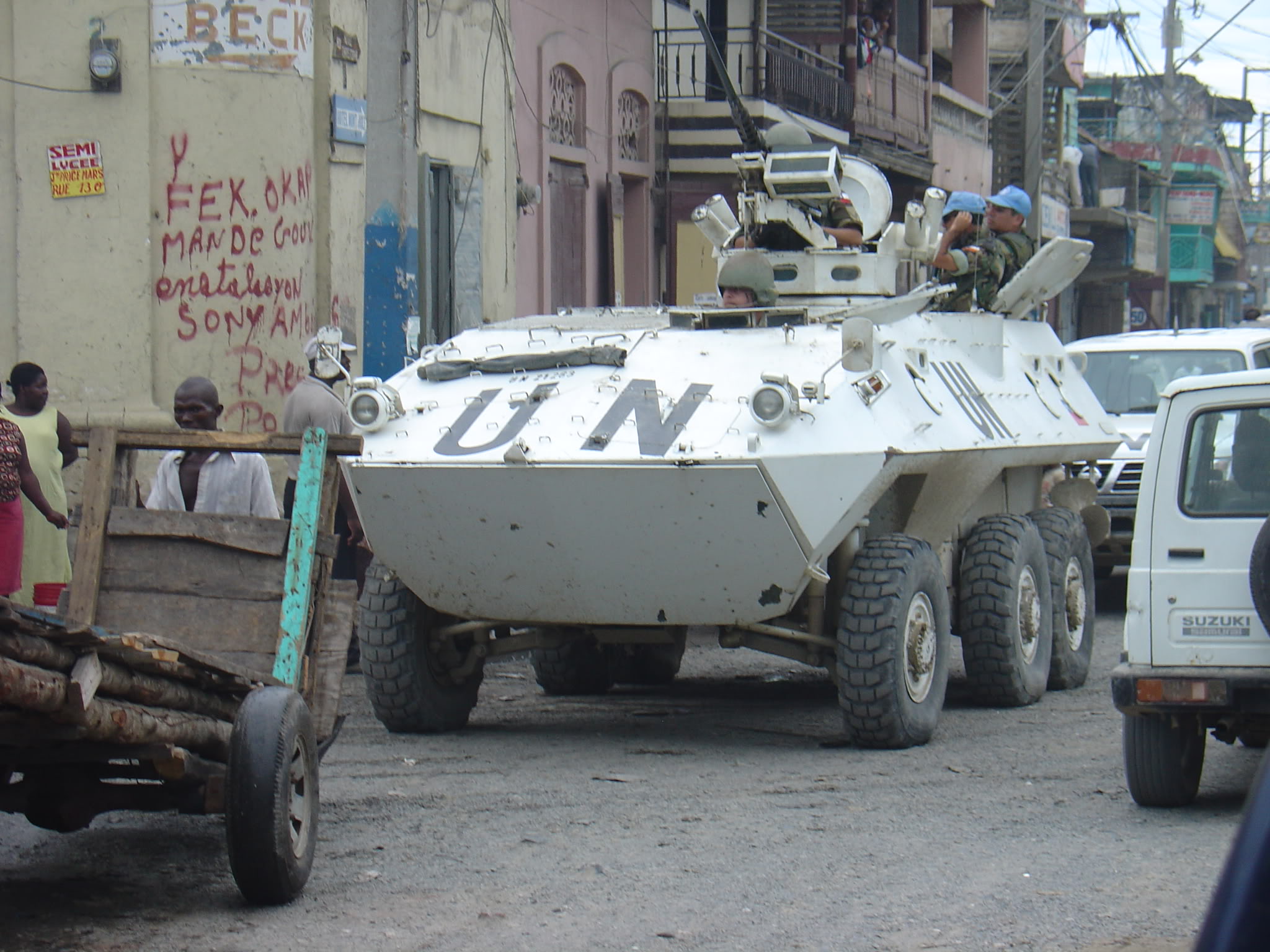Rwanda after genocide – building peace through art
The ‘Peacebuilding after Genocide’ mobile exhibition used story telling and dialogue methodologies to educate people about the 1994 genocide, to examine what causes violence and to... Read More
The Rwandan case – is it possible to truly compensate victims of genocide?
The victims of the Tutsi Genocide – one of the worst incidences of mass killing in the 20th century – are still struggling to receive... Read More
Never Again Rwanda
Never Again Rwanda (NAR) is a member of the Global Coalition for Conflict Transformation, comprised of organizations committed to upholding the Principles of Conflict Transformation.
Rwanda – working for sustainable peace
Rwanda has shown ingenuity in conflict transformation thanks to the policy of National Unity and Reconciliation, as well as to the participatory and innovative justice system... Read More
Conflict in Rwanda – definitions and drivers
The sources of conflict in Rwanda – and in Africa’s Great Lakes region, in general – can be divided into three categories: its colonial heritage,... Read More
Rwanda’s artful path toward peace – cultural industries and post-conflict reconciliation
Rwanda is a prime example of a post-conflict society that is using film, theatre music, and other creative industries in its journey toward reconciliation and... Read More
Uganda must stay the course in Somalia
Following a critical UN report alleging that Uganda and Rwanda have been supporting the March 23 Movement (M23) in the Democratic Republic of Congo (DRC), Uganda has... Read More
Rwanda and the DR Congo – ending the culture of impunity
Tackling the root causes of war between Rwanda and the Democratic Republic of Congo requires an end to the culture of impunity, particularly the prosecution of alleged war crimes and crimes against humanity committed by the Rwandan Patriotic Front (RPF).
Recovery in Rwanda – traditional courts for reconciliation
Gacaca Courts - local courts based upon communitarian values - were recovered from previous traditions by the post-genocide government; focusing not necessarily on punishment, but first and foremost on forgiveness and reconciliation.














